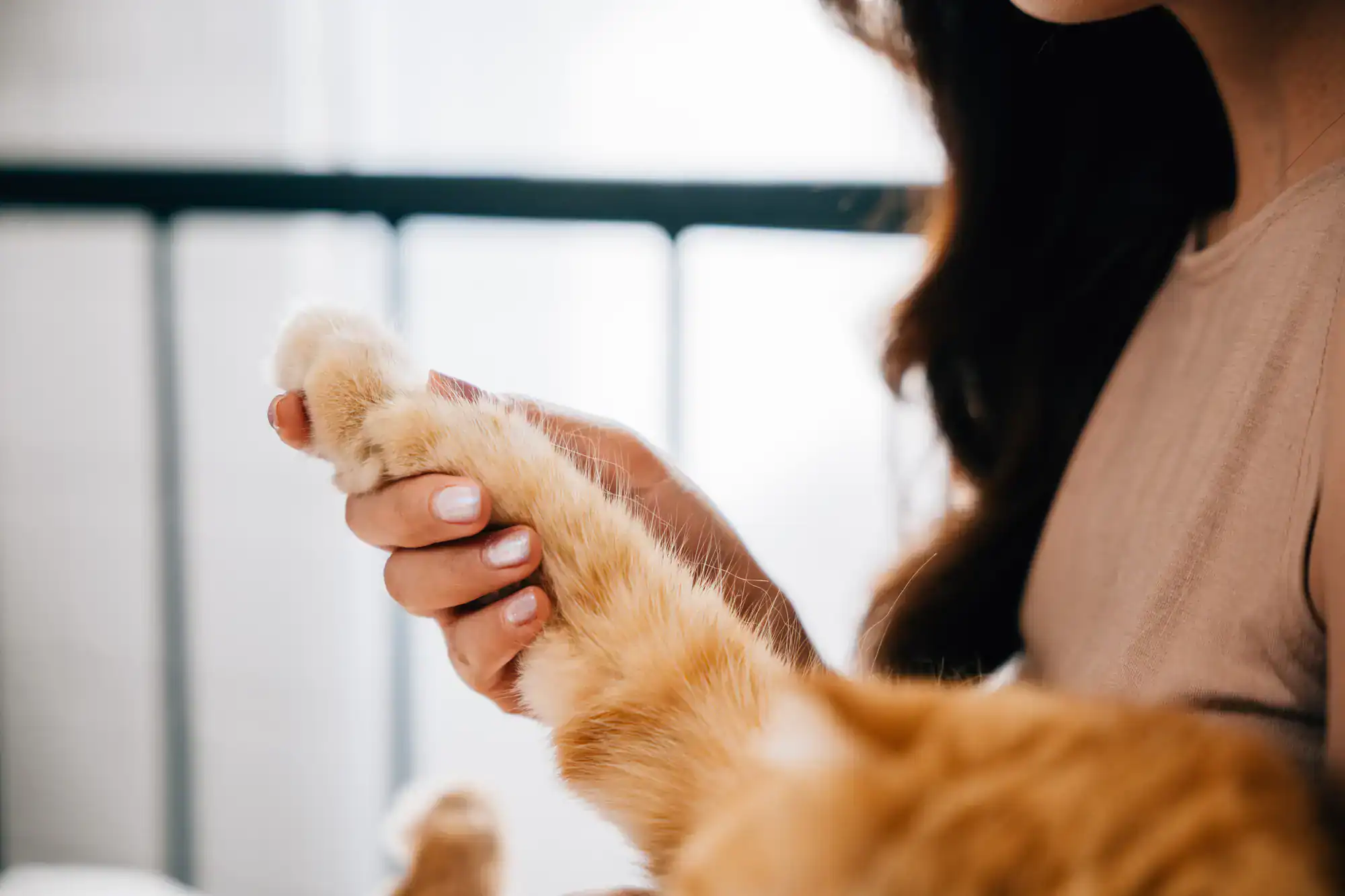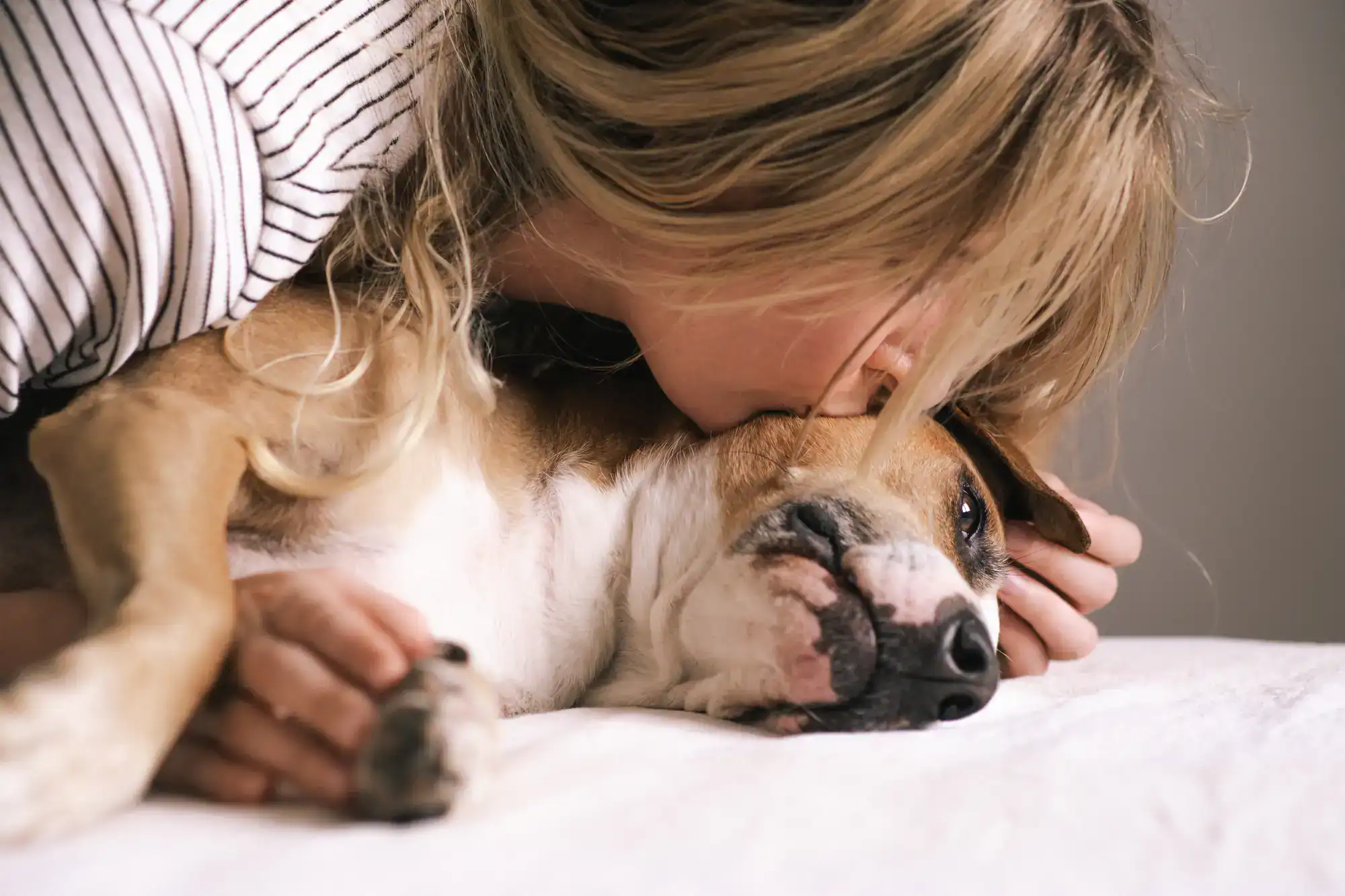Pet Loss Support in Barker, TX
Find Peace During Your Darkest Hour
When grief feels overwhelming, you don’t have to face it alone—compassionate support awaits in Barker.

Hear from Our Customers

Grief Counseling Services Barker TX
Losing your pet isn’t just losing an animal—it’s losing a family member who gave you unconditional love, comfort, and companionship for years. The grief you’re feeling is real, valid, and deserves the same respect as any other profound loss.
You’ll find yourself surrounded by people who truly understand the unique bond you shared with your companion. No one here will tell you “it was just a pet” or suggest you should be “over it” by now.
Through compassionate guidance and proven coping strategies, you’ll learn to navigate this difficult journey at your own pace. Healing doesn’t mean forgetting—it means finding ways to honor their memory while rebuilding your emotional strength.
Pet Loss Counselors Harris County
Angel Oaks Pet Crematory has been helping Harris County families through pet loss for over 35 years. As members of the American Association for Pet Loss and Bereavement, we understand that losing a beloved companion is one of life’s most devastating experiences.
Our team includes two full-time veterinarians and trained grief support specialists who’ve guided thousands of pet owners through this difficult journey. We’ve seen firsthand how the human-animal bond transcends what many people understand, and we treat every client’s grief with the dignity it deserves.
Located in the heart of Barker, we serve families throughout the greater Houston area, including The Heights, River Oaks, and Hunter’s Creek, providing culturally sensitive support for our diverse community.

Pet Grief Support Process
Your journey begins with a compassionate conversation where you can share your story without judgment. Our trained counselors listen to understand your unique relationship with your pet and the specific challenges you’re facing in your grief.
Together, you’ll explore healthy coping strategies that fit your lifestyle and emotional needs. This might include connecting with support groups, learning memorialization techniques, or developing daily practices that honor your pet’s memory while supporting your healing.
Throughout the process, you’ll have access to resources, educational materials, and ongoing support. Our unique pet portal system even allows you to track your pet’s final journey if you’ve chosen cremation services, providing transparency and peace of mind during this difficult time.

Ready to get started?
Pet Bereavement Resources Barker
Pet loss support goes beyond just talking through your grief. You’ll receive access to comprehensive resources including educational materials about the grieving process, memorial options to honor your pet’s memory, and connections to local support groups.
Harris County pet owners face unique challenges, from the fast-paced lifestyle of Houston to the diverse cultural backgrounds that shape how we process grief. Our support services acknowledge these local realities while providing culturally sensitive guidance that respects different approaches to mourning.
We also offer practical support for end-of-life decisions, helping you understand cremation options, memorial services, and ways to involve children in the grieving process. Our 10% discount for first responders, military, and rescue group members reflects our commitment to serving those who serve others.

How long does pet grief typically last and is my reaction normal?
Should I get another pet right away to help with the grief?
How can I help my children cope with our pet's death?
What should I do with my pet's belongings and favorite spaces?
Is pet grief counseling really necessary or can I handle this alone?
How do I know if I'm ready to make end-of-life decisions for my pet?
Other Services we provide in Barker
